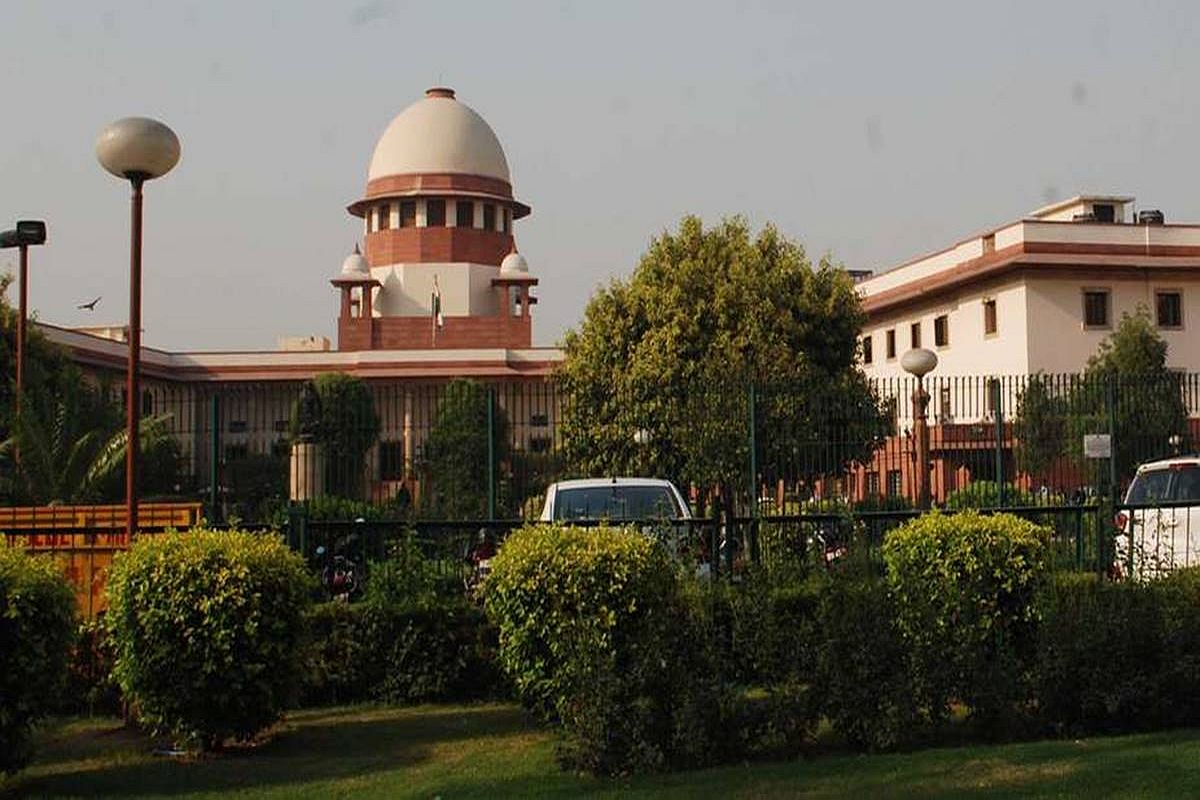A special court judge J Shanthi in Chennai on Friday convicted Vaiko, leader of the Marumalarchi Dravida Munnetra Kazhagam who is set to file his nomination for a Rajya Sabha seat from Tamil Nadu, on a sedition charge and sentenced him to one year’s imprisonment and a fine of Rs 10,000. The judge said she was giving lenient punishment which he never sought.
An incensed Vaiko told the court, “Give me maximum punishment. Unless there is venom in the mind of the judge, such a sentence would not have been included in the judgment.” Vaiko made the impugned speech on 15 July 2009 at a function to release the Tamil version of his book I Accuse.
Advertisement
The book is a compilation of letters he wrote to Prime Minister Manmohan Singh about the United Progressive Alliance government’s aiding President Mahinda Rajapaksa’s government in annihilation of the Liberation Tigers of Tamil Eelam and decapitating its leader Velupillai Prabhakaran, who was accused of Rajiv Gandhi’s assassination. Even though Vaiko’s book was not proscribed by the authorities, nor did the release of its English or Tamil version create any disorder or lead to incitement to violence, the special judge held that Section 124A of the IPC dealing with sedition applied. Whether Vaiko’s speech resulted in violence was immaterial, she said.
Thankfully, his conviction for sedition is no bar on contesting the Rajya Sabha election because Section 8(1) of the Representation of the People Act, which lists offences that would attract disqualification from being chosen as a member of Parliament or a Legislative Assembly, does not include sedition.
According to the Constitution Bench of the Supreme Court in the Kedar Nath judgment, a person can be charged with sedition only if there is incitement to violence in his speech or writing or an intention to create disorder. Article 19(1)(a) of the Constitution guarantees the citizen’s right to freedom of speech and expression. Article 19(2) qualifies it with certain reasonable restrictions ranging from threats to state security to speech endangering public order and morality. Courts have been generally progressive when it comes to protection of free speech. As far as the law on sedition is concerned, it dates back to British colonial rule and was meant to suppress the voice of Indian people struggling for independence.
Although the Supreme Court read down the law on sedition in 1962, it has no place in a 21st century liberal democracy. CN Annadurai, founder-leader of the DMK, in his maiden speech in the Rajya Sabha 57 years ago, called for the Dravidians’ right to self-determination and to carve out a separate country for them in South India. No sedition charge was levelled against him. His successors in Tamil Nadu today are leading the nation in hoisting sedition charges on dissidents at the drop of a hat. The time has come to do away with Section 124A IPC once and for all.











